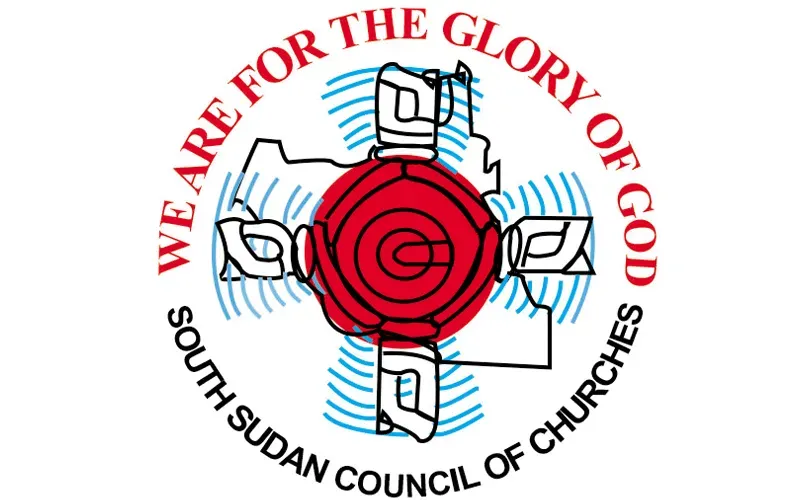The church leaders in South Sudan continue, “Children should not be left alone to cope with the pain of their missing parents. Communities, societies and institutions of South Sudan must acknowledge the suffering of the families of the missing persons and stand with them.”
“Decades of armed conflicts, violence, arbitrary deprivation of liberty, lack of dignified management of the dead, seasonal natural disasters and migration leads to persons becoming missing,” SSCC members say.
They note that “the never-ending uncertainty, expectancy and pain of the families of the missing persons pervade every aspect of their lives, not knowing what happened their loves ones and being unable to give them a dignified burial which remains an open wound, leaving little possibility for the families and communities to recover and move on.”
“Religious faiths are guides for families to cope with their sufferings related to the disappearance of their loved ones. Religion played an integral role in supporting families of missing persons to cope with suffering and despair,” they say.
The church leaders in South Sudan call for the “establishment of an association for the families of the disappeared.”
There is need, they add, for “all stakeholders such as youth, civil society organizations, and humanitarian organizations including Red Cross and community leaders to assist the families of the missing persons with their economic, legal and administrative problem, mental health related needs, their plight for recognition and create awareness of their suffering.”
Commemorated every year on August 30, the International Day of the Disappeared seeks to raise awareness about the numbers of enforced disappearances around the world.
In an August 29 report, the International Committee of the Red Cross (ICRC) estimates over 5,000 cases of missing persons in South Sudan.
In their August 29 statement, SSCC member urge the South Sudanese government “to clarify the fate of the missing persons through possible means.”
“Until the families have an answer, the wait for their loved ones and their suffering will go on because time doesn’t heal and answer,” they say.








